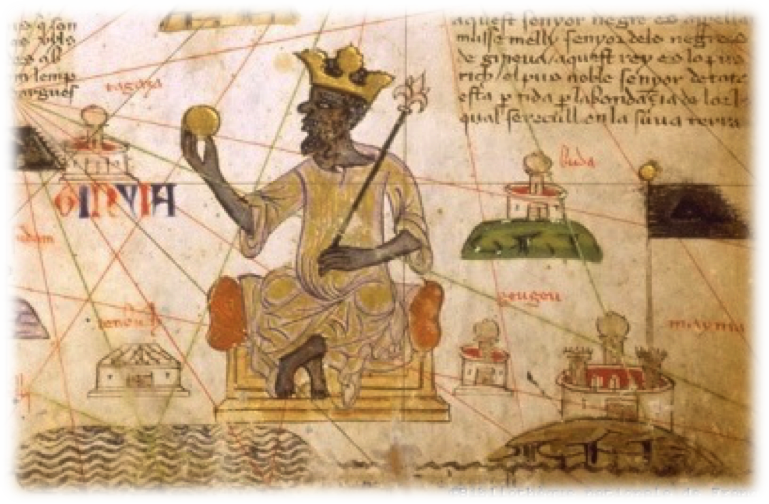HIU34516 Medieval Globetrotters: Exploration and World Conquest in the Age of the Black Death

Module Organiser: Dr Peter Crooks
Duration: All Year
Contact hours: 2 hours per fortnight
Weighting: 10 ECTS
Assessment: 100% Coursework
Was there a ‘global’ Middle Ages? In an effort to answer this question, this module ranges far outside the conventional geographical confines of medieval scholarship to explore hemispheric interactions across Eurasia in the age of the Black Death. The opening weeks of the module explore what European armchair travellers thought they knew of the ‘outer world’ in the Middle Ages, including their belief in monstrous races. We also encounter the largest land empire the world has ever known- the Mongol empire - through the writings of Europeans who travelled to the East during the era of the so-called Pax Mongolica. In later weeks the perspective shifts to the experience of non-Europeans, whose itineraries and breadth of cultural knowledge far outstripped that of their European counterparts. To give but one example: the journeys of Marco Polo - which rapidly passed into legend in Europe - were surpassed by his near-contemporary, the intrepid Muslim scholar Ibn Baṭṭūṭa (d.1368/9), who travelled across the Sahara to the Malian empire and its recently-annexed outpost at Timbuktu. Following Ibn Baṭṭūṭa and other travellers, we embark on a grand tour of the major world civilizations and cultures and examine the political upheavals that engulfed the hemisphere after the outbreak of the Black Death. In the final weeks, we follow the astonishing voyages of exploration led by the eunuch Admiral Zheng He, which were sponsored by the Ming dynasty; and we conclude with the rise and fall of Tamerlane, last of the ‘world conquerors’, whose death marked the end of a distinctive phase of world historical development.

